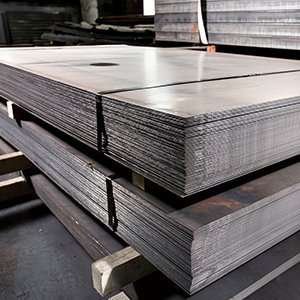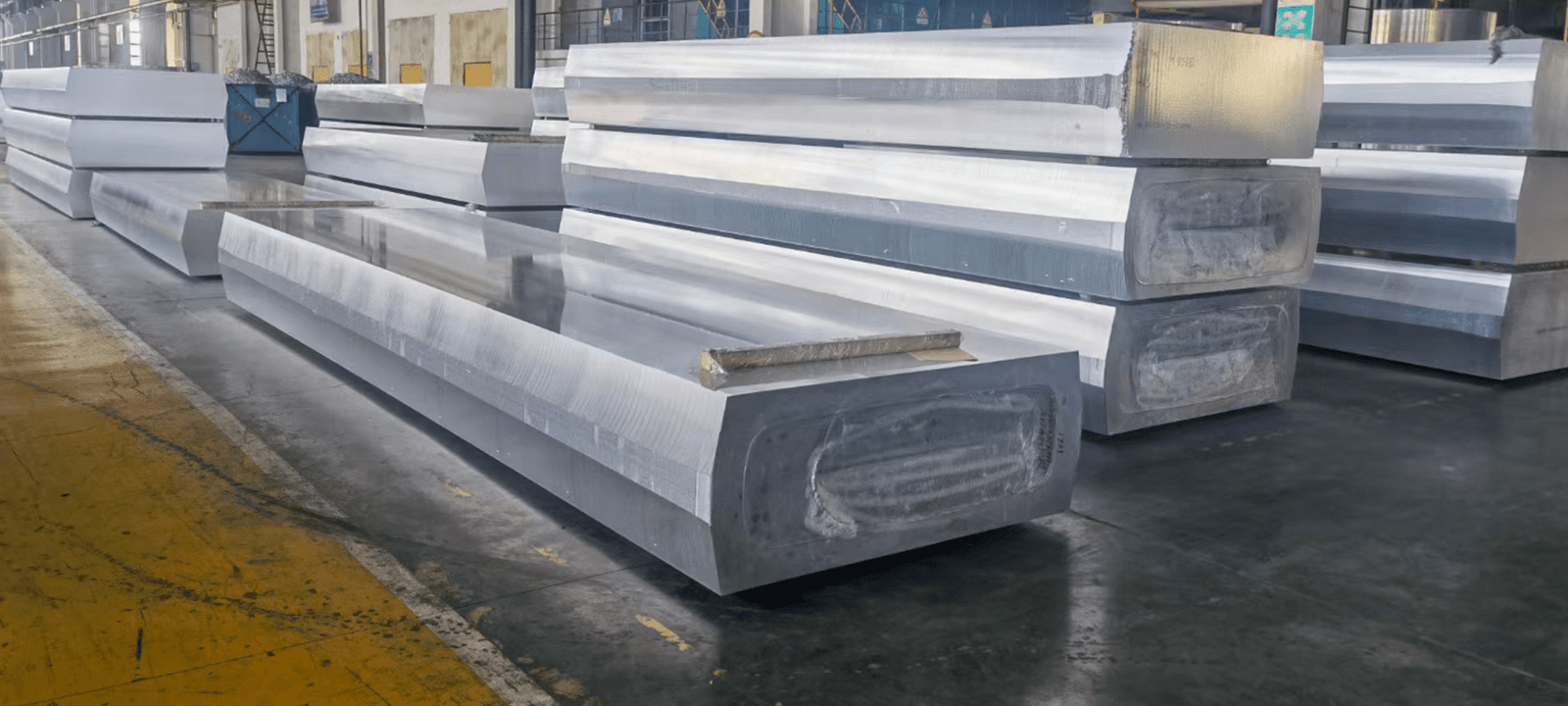Type 410S (UNS S41008/1.4000)
- Low carbon content reduces austenite formation to a minimum at elevated temperatures, restricting the ability to harden.
- Soft and ductile even when cooled rapidly from critical temperature.
- Cracking resistance when welded or exposed to elevated temperatures.
- Good oxidation resistance and moderate corrosion resistance.
Description
Overview:
Type 410S stainless steel is martensitic steel with low carbon content, which minimizes austenite formation at elevated temperatures. It is a non-heat treatable version of type 410 stainless steel, with good resistance to oxidation and moderate resistance to corrosion.
Due to its non-hardening characteristic, cracking is prevented when welded or exposed to high temperatures.
One advantage of type 410S is that it remains soft and ductile even when it is cooled fast from above than critical temperature.
Common Names:
Stainless steel type 410S is commonly known as Chromium steel.
Executive Standards/Grades:
- JIS: SUS 410S
- ASTM: A240
- DIN: 1.4034
- UNS: S41008
- SUS: SUS410S
Chemical Properties:
Type 410S stainless steel has the following chemical composition:
- Carbon – 0.08%
- Manganese – 1.00%
- Chromium – 11.5-14.5%
- Sulphur – 0.03%
- Phosphorus – 0.04%
- Silicon – 1.00%
- Iron – 85%
- Nickel – 0.6%
Mechanical Properties:
- Hardness (HRB) – 75 (max)
- Elongation (%) – 33
- Yield Strength (Mpa) – 290
- Tensile Strength (Mpa) – 444
- Reduction area (%) – 65
- Poisson’s Ratio – 0.27-0.30
Physical Properties:
- Density (lb/in3) – 0.280
- Elastic Modulus (GPa) – 210
- Thermal Conductivity (Btu/ft hr ⁰ F) – 187 at 212oF
- Specific Heat (Btu/lb/°F) – 0.11 at 68°F to 212°F
- Melting range: 2700 – 2790 ⁰ F
- Electrical Resistivity – 23.7 at 68°F
Key Features:
- Low carbon, non-heat-treatable version of Type 410, suitable for general purpose use
- Good oxidation resistance and moderate corrosion resistance
- Soft and ductile even when rapidly cooled from critical temperature
- Cold worked by the most commonly used methods
- Excellence resistance to stress corrosion cracking.
- Excellent weldability by all standard methods
- No hardening by heat treatment
Forms Available:
Stainless steel type 410S is available in different forms such as:
- Sheet
- Plate
- Bar
Applications:
Because of its properties, stainless steel type 410S has a wide range of applications including:
- Petroleum refining and petrochemical processing
- Heat exchangers
- Ore processing
- Mining machinery
- Thermal processing
- Gate valves
- Press valves
Possible Alternatives Grades:
Type 410S stainless steel has some possible alternatives that can be used. Such as:
- 410HT – Lower chromium content.
- 410 – Better mechanical properties.
- 420 – Higher carbon content.
- 440A – Higher chromium content, better corrosion resistance
FAQs:
- What are the machinability characteristics of stainless steel type 410S?
Type 410S stainless steel provides the best results when machined in heat-treated and cold drawn conditions, but it can also be machined in the annealed condition.
- Is type 410S weldable?
Type 410S can be welded by common fusion and resistance techniques. To prevent cracking, it is recommended to be preheated to 350-400oF.
- Is type 410S resistant to corrosion?
Type 410S provides moderate corrosion resistance in atmospheric conditions, freshwater, mild organic and mineral acids, alkalis, and some chemicals.
Get A Free Quote Now!







